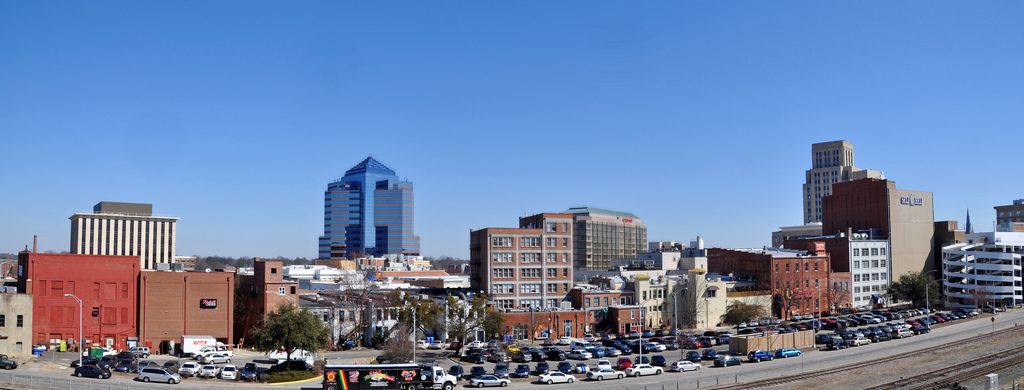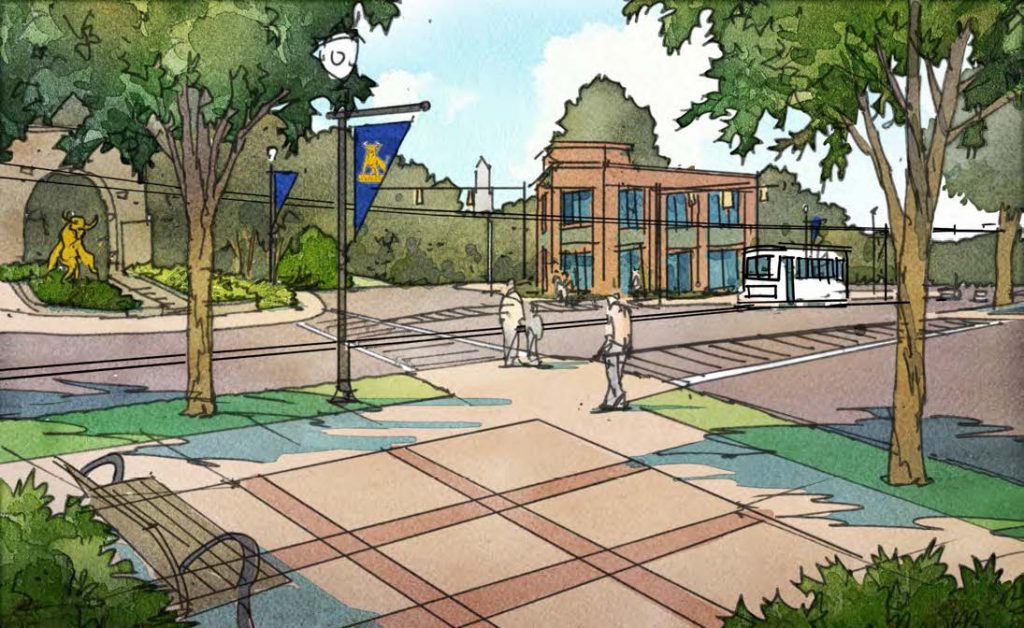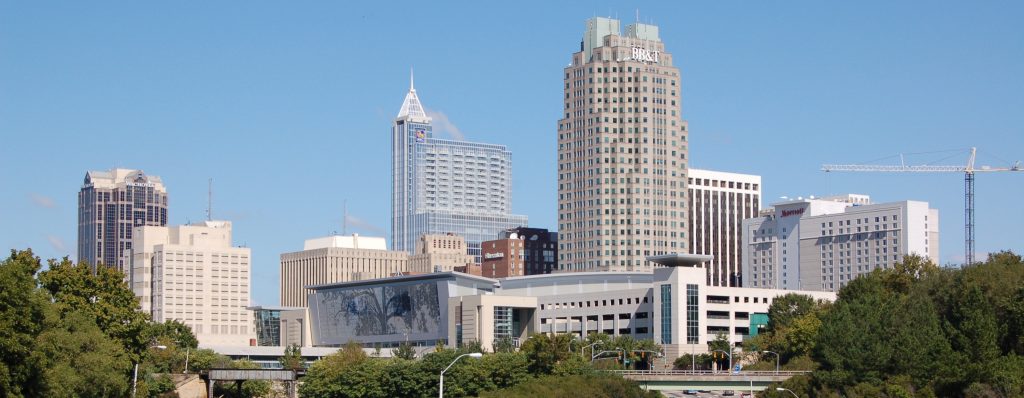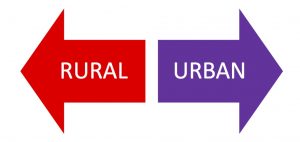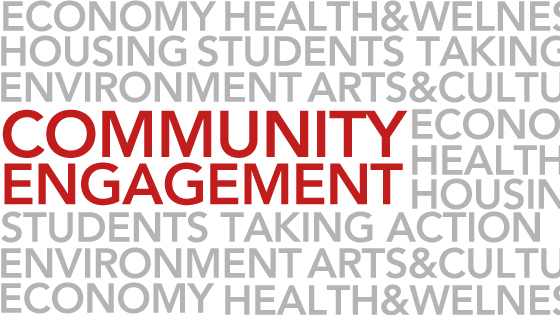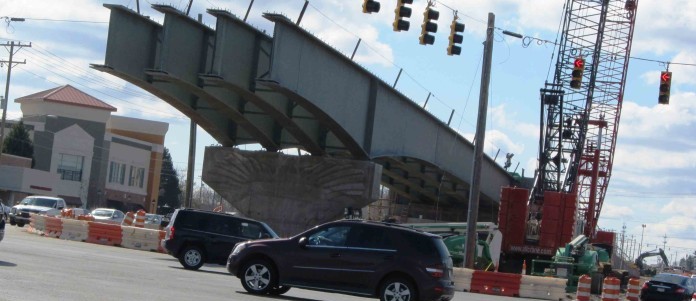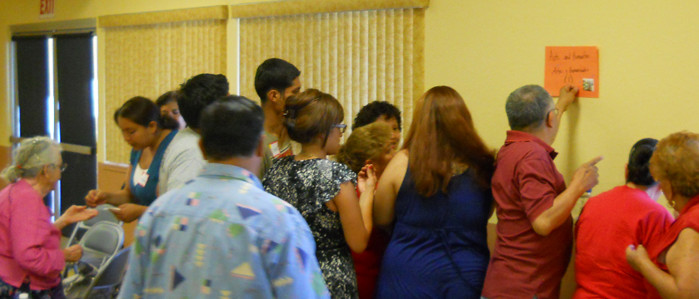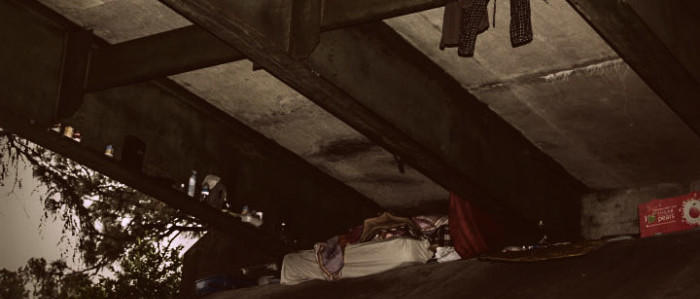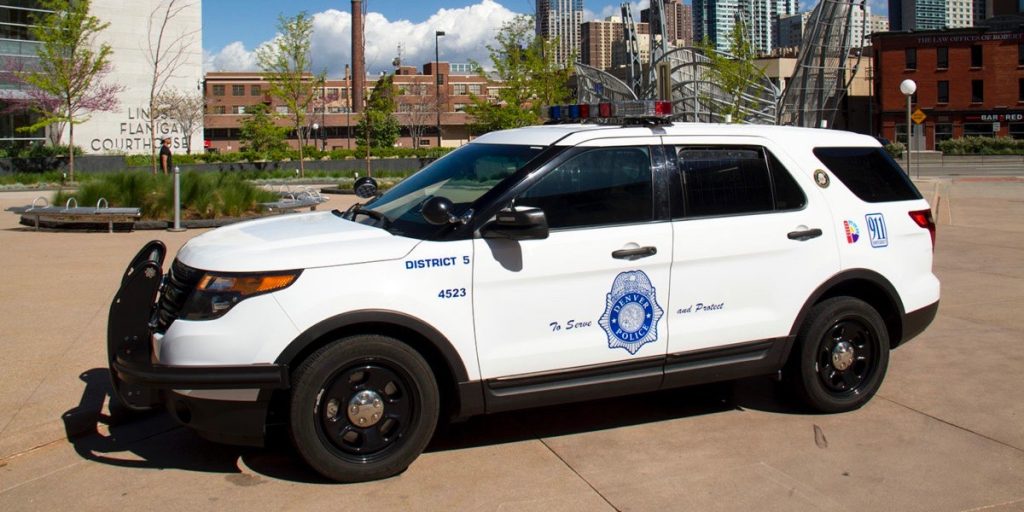
Building empathy is one of the most difficult tasks communities face. Simply put, we’re often not programmed for it. Humans have spent the vast majority of their millennia here on Earth in tightly-knit communities where social norms and even survival frequently depended on us making quick judgments about those around us, in order to sort individuals into our “in-group” or an “out-group”. This “tribalism”, however, is not simply based on racial, ethnic, religious, or linguistic divides. It also plays out in our (relatively) much more diverse and integrated modern-day communities. And few issues in urban American communities divide us more than the fault lines around law enforcement. To some, police and sheriff’s officials embody the best values of our communities: security, order, and community involvement. To others, they represent the remnants of our country’s centuries-long infatuation with racial oppression.

